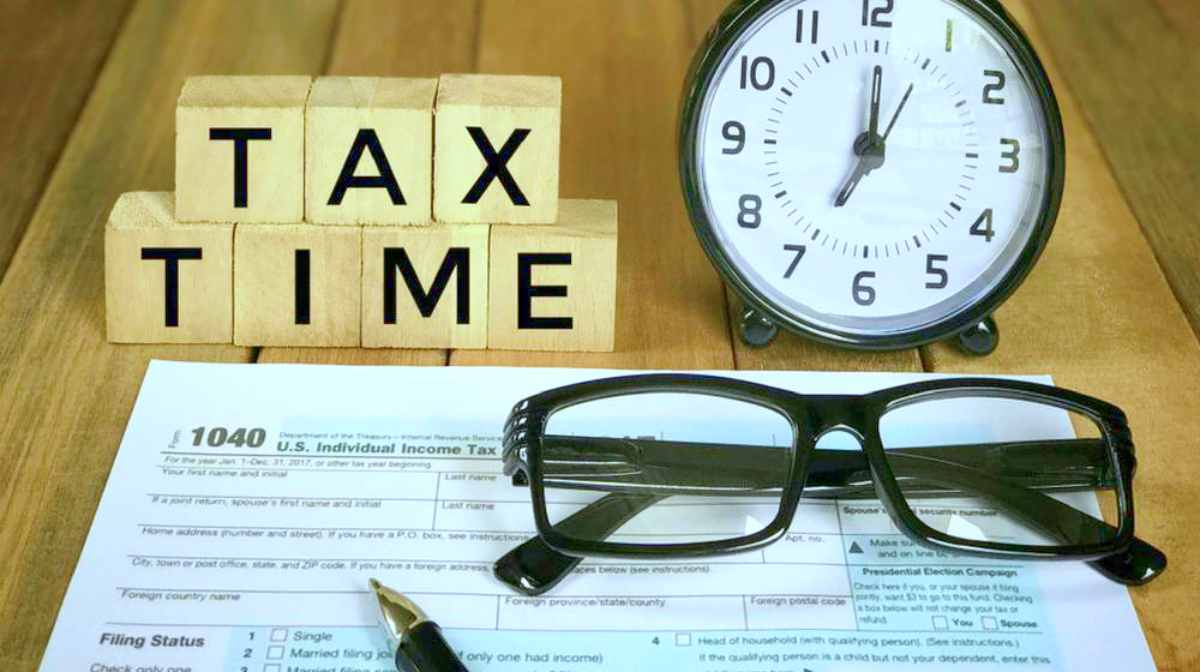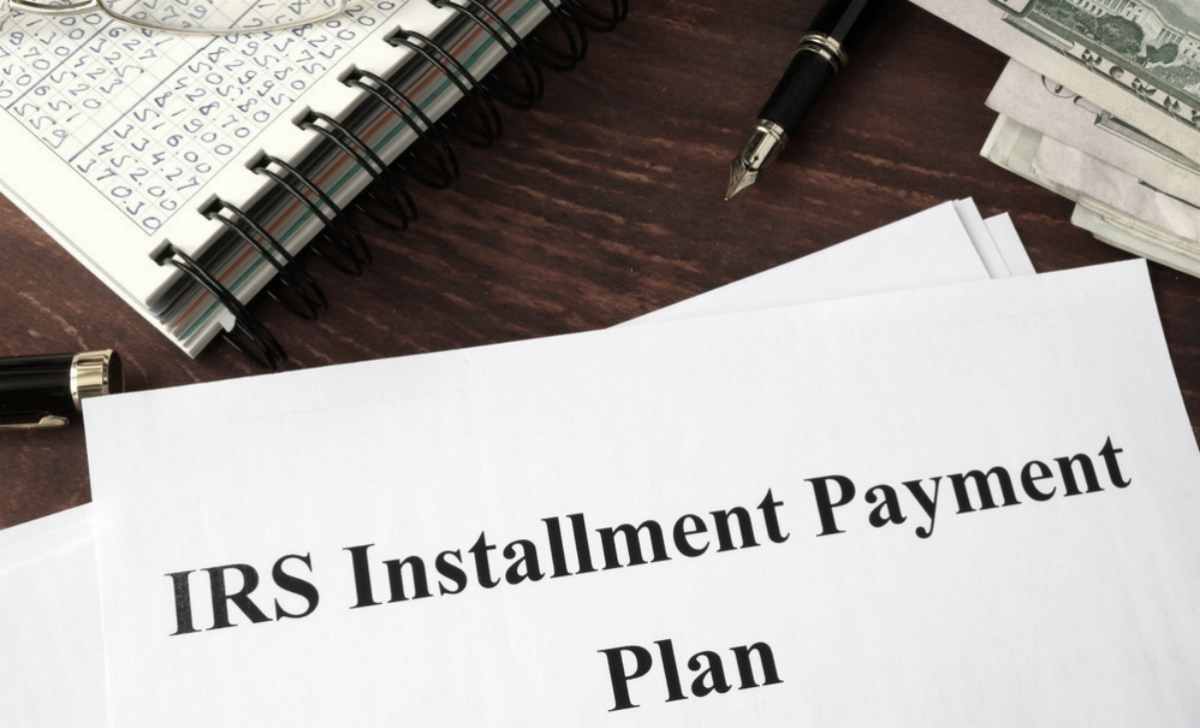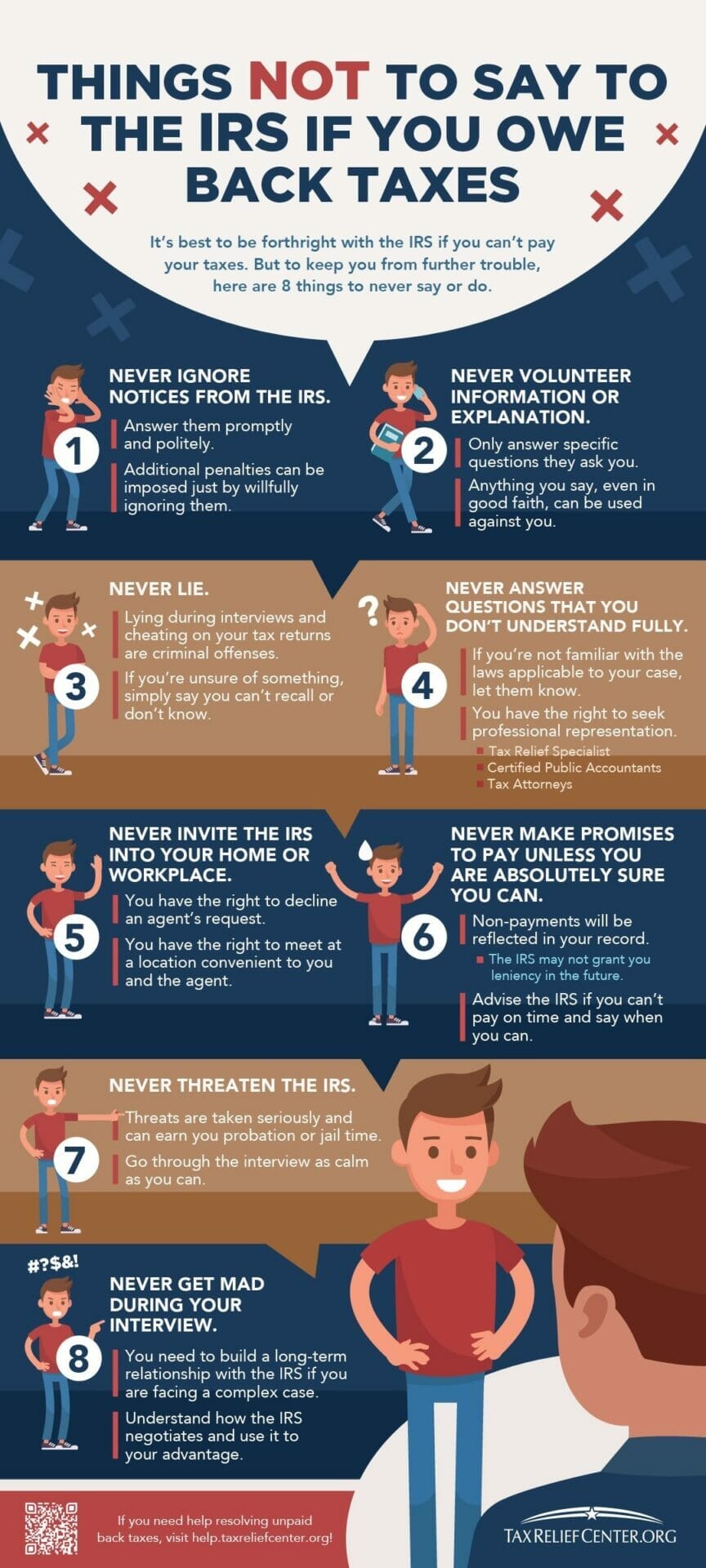An IRS appointment can be nerve-racking. So knowing what to do and what to avoid during such an important conversation can help put taxpayers’ minds at ease.
In this article:
- Never Ignore Notices from the IRS
- Never Volunteer Information or Explanation
- Never Lie
- Never Answer Questions That You Don’t Understand Fully
- Never Invite the IRS into Your Home or Workplace
- Never Make Promises to Pay Unless You Are Absolutely Sure You Can
- Never Threaten the IRS
- Never Get Mad During Your Interview
How to Act During an IRS Appointment
Click here to jump to the infographic.
Proper Behavior During an IRS Appointment
It’s best to be forthright with the IRS if you can’t pay your taxes. But to keep you from further trouble, here are eight things to never say or do.
1. Never Ignore Notices from the IRS
Ignoring the IRS is never a good idea. Closing your eyes and ears results in penalties, fees, and a very bad record.
A bad record with the IRS can lead to tax liens and levies. Demand letters and notices will fill up your mail as well.
Whenever you receive not just an IRS appointment but also paper correspondence, always answer them promptly and politely. Most notices, like the LT11 and LT1058 need a reply within 30 days or the late taxpayer waives any right to reply.
LT11 is a notice sent by the IRS to inform the taxpayer that proceedings to levy their assets will start.
LT1058 is a notice similar to the LT11 but also informs the taxpayer that they can ask for a hearing on the unpaid taxes before the IRS files for levy proceedings in court.
The IRS can impose additional penalties if the late taxpayer willfully ignores the notices.
There are two main penalties, which are the failure to file penalty and failure to pay penalty. Both fees run up to 5% and .5% of the unpaid taxes, respectively.
Ignoring an inquiry or a notice from the IRS for unpaid taxes can also lead to interest applied to your debt.
The interest rate is at 3% plus whatever the federal short term rate is per month.
As you can see, ignoring the IRS will wreak havoc on your financial life.
For proactive taxpayers, you can always call the IRS toll free number 1-800-829-1040 for more information regarding the notices sent to you by the IRS. The IRS hours start from 7 a.m. and end at 7 p.m. in all time zones.
2. Never Volunteer Information or Explanation
You can avoid talking with the IRS. However, you cannot avoid providing documents when the IRS asks for them.
In U.S. v. Sullivan, an accused cannot plead the Fifth Amendment if the issue is regarding tax documents.
An accused can invoke their right to remain silent. However, the Fifth Amendment cannot stop the IRS or the government from looking at or asking for his or her tax documents.
Because of this legal precedence, taxpayers who are late should only answer specific questions they ask of you. They can demand your paperwork, but they cannot demand that you speak about your paperwork.
Anything you say, even in good faith, can be used against you.
For your security, especially in regards to your tax information, less is more. Do not answer more than what is asked.
If the answer can fit in just one sentence, then it is best to do so.
3. Never Lie
Lying during interviews and cheating on your tax returns are criminal offenses.
18 U.S.C. Sec. 1001 states that lying to any government entity or agent can penalize the taxpayer. The penalty can range from 5 to 8 years of imprisonment.
Additionally, lying can make the individual a suspect in concealing crimes. If you’re unsure of something, simply say you can’t recall or don’t know.
Adding something not true to the conversation will make you look like you are hiding something. Being secretive is fine, but lying is not, especially in an IRS interview.
4. Never Answer Questions That You Don’t Understand Fully
If you’re not familiar with the laws applicable to your case, let them know. You have the right to seek professional representation.
The law allows you to talk to a Tax Relief Specialist, a Certified Public Accountant, and a Tax Attorney before making any decision.
Just make sure that you do file a reply or answer the IRS within the time period.
Ignorance of the law excuses no one. Rather than risk getting penalties, it is better to talk with a tax professional before an IRS interview.
There is nothing shameful about not understanding a tax question.
Rather than pretend to know it all, it is better to say that you do not understand or you want a tax professional to help you.
RELATED: What Happens If You File Taxes Late | Frequently Asked Questions About Missing Tax Deadlines
5. Never Invite the IRS into Your Home or Workplace
An IRS special agent may request access to your house. In fact, they may schedule the interview in your living room or workplace for ease of access to paperwork.
Please note that you do not need to have them in your home. You can have a meeting in a neutral place, like a cafe or a board room.
You have the right to decline an agent’s request. Just make sure that you explain yourself in a reasonable manner to avoid distrust.
Again, you have the right to meet at a location convenient to you and the agent. Make sure that the IRS agent knows the time and location in advance as well.
You can have the appointment at any IRS office location around the nation.
6. Never Make Promises to Pay Unless You Are Absolutely Sure You Can
When you make a compromise or a deal with an IRS special agent, make sure that the agreement is doable and reasonable.
Usually, both parties agree on an installment plan, and nonpayment of a monthly premium can cancel the agreement and re-impose penalties.
Non-compliance with the agreement will lead to dire consequences. We are not only talking about penalties but also future IRS endeavors.
Remember that non-payments are reflected in your record. The IRS may not grant you leniency in the future.
Advise the IRS if you can’t pay on time and say when you can. It is best if you are upfront with your current financial capabilities as well.
7. Never Threaten the IRS
Threats are taken seriously and can earn you probation or jail time. Go through the interview as calmly as you can.
While it is easy to lose yourself to emotion, threatening an IRS agent is like shooting yourself in the foot.
You also do not gain anything when you threaten someone. Try to keep calm at all times during the IRS appointment.
Threatening to sue the IRS is also counter-intuitive, as both parties go through with an IRS appointment to prevent going to the courts.
Remember, the IRS just wants to collect the taxes, not bankrupt you.
8. Never Get Mad During Your Interview
Getting mad can only damage your relationship with the IRS agent. Rather than waste your energy with anger, having patience and a good disposition can save you time and money during an IRS appointment.
You need to build a long-term relationship with the IRS if you are facing a complex case.
There is only a single IRS agent assigned to your case. Having a good relationship with him or her can give you better options and make the situation more bearable.
Understand how the IRS negotiates and use it to your advantage. A calm person is a better negotiator than a mad one, so increase your chances by remaining calm.
Don’t forget to download, save, or share this handy infographic about the things you do not say to the IRS if you owe back taxes for reference:
Watch this video about the things you should NOT say to the IRS if you owe back taxes:
In a nutshell, treat the IRS as a partner, not an opponent in a debate. Do not give out information unless necessary.
Control your emotions, and treat the IRS agent with respect. If you are not confident about your answer, tell them honestly and ask for a tax professional.
Knowing how to negotiate with the IRS can definitely go a long way.
Have you already experienced an IRS interview? What other tips can you share? Let us discuss in the comments section below.
Up Next: Different Types Of Taxes We Pay In The US [Infographic, 2019 Updated]











